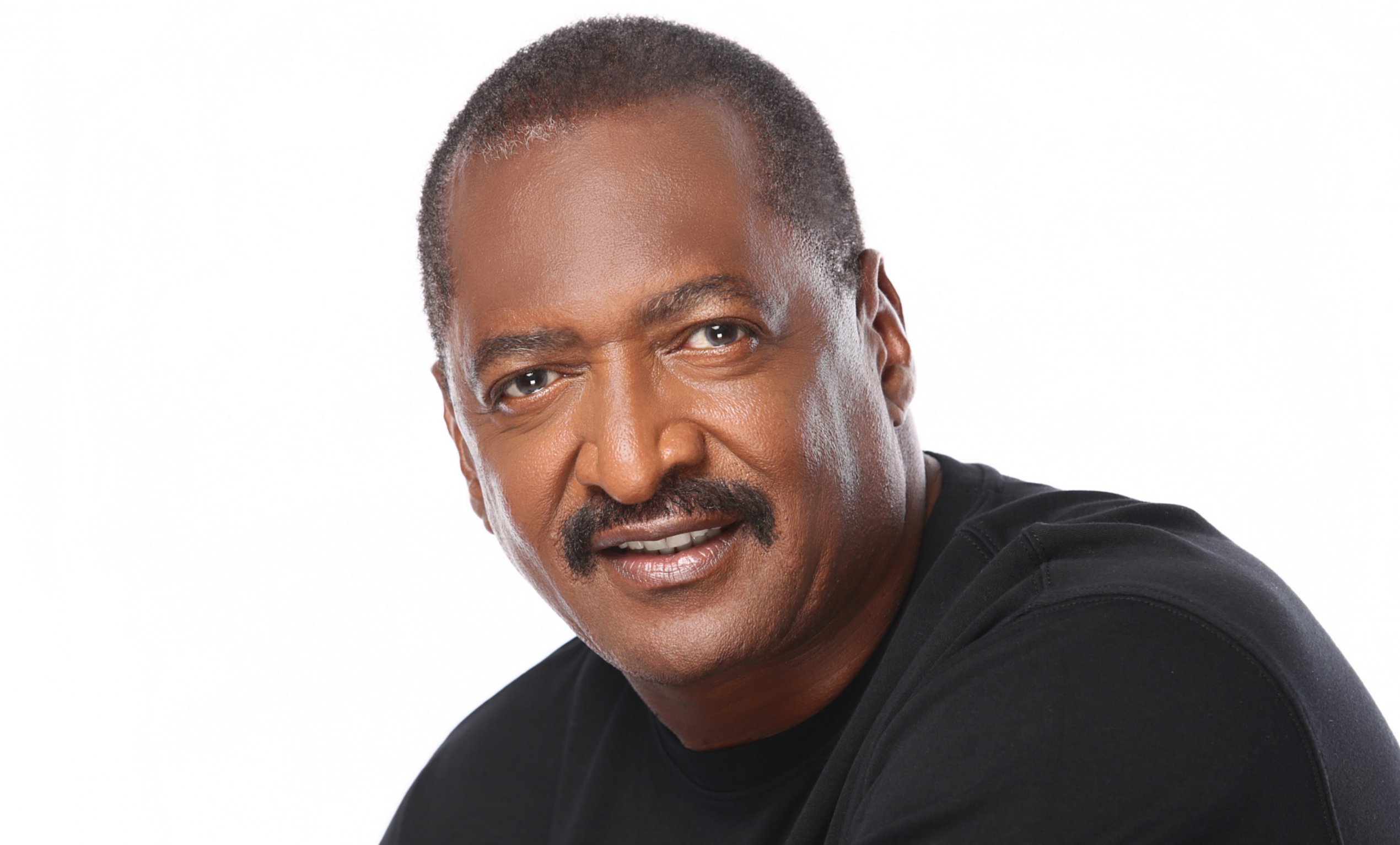The Importance of Genetic Testing
- On his second anniversary of being cancer-free, Mathew Knowles is continuing to spread awareness of breast cancer in men, especially in Black men, and the importance of genetic testing.
- Knowles says he thinks the messaging around male breast cancer needs to change, and he’s actively trying to change it.
- Men account for less than 1% of breast cancer cases; the American Cancer Society estimates that 2,650 men will be diagnosed with breast cancer in 2021.
It's no secret that there's a lot of shame surrounding breast cancer in men; a lot of men either don't report their symptoms, or they wait too long to report symptoms and at that point, the cancer has spread. But Knowles, father to Beyoncé and Solange Knowles and a well-informed role model in the health and cancer communities, is trying to change that narrative. (In October 2019, Knowles was diagnosed with stage 1a breast cancer. He's now cancer-free.)
Read MoreBNC’s @MrShannonLanier spoke with @MathewKnowles, Beyoncé’s dad, about his battle with breast cancer. He calls it “chest cancer”, and is now two years cancer free. #StartYourDay #MensHealth pic.twitter.com/AH5iVrhJiC
Black News Channel (@BNCNews) October 22, 2021
Knowles also spoke of the shock of learning he had cancer. "Man, I tell you, you immediately say, 'Am I hearing these words?' You're just like, 'Am I in a daze? Am I in a dream? Is this really, really happening to me? Am I going to survive this?' … Those are the things I thought."
Now, Knowles, 69, isn't just talking about changing the message associated with male breast cancer, he's actively trying to change it. His message: "I would tell them (other men) if they have a family history of any type of cancer or any type of disease, that they need to go … to a doctor and get diagnostic testing. For me, it was also genetics."
Breast Cancer in Men
In addition to informing the world about breast cancer in men, Knowles is using his platform to educate people on cancer among Black and Brown people.
"When you look at structural racism, it is a conglomerate of things," Knowles tells SurvivorNet during a previous interview. "It's poverty. It's education. It's housing. But it's also a health and wellness (issue)."
Men account for less than 1% of breast cancer cases; the American Cancer Society estimates that 2,650 men will be diagnosed with breast cancer in 2021.
And Knowles is right to urge Black men to be aware of breast cancer risks; even though breast cancer is about 70 times less common among Black men than Black women, according to ACS statistics, both Black men and Black women tend to have a worse prognosis when it comes to the disease. (Breast cancer is about 100 times less common among white men than among white women.)
In addition, men are more likely than women to ignore symptoms especially symptoms that indicate breast cancer.
The Importance of Genetic Testing
Between 5% and 10% of breast cancer cases are thought to be hereditary, according to ACS, meaning that those cases result directly from gene mutations passed down from a parent.
The most common gene mutations are the BRCA1 (BReast CAncer gene 1) and BRCA2 (BReast CAncer gene 2) mutations; these genes help cells repair their DNA damage. If a parent carries a BRCA gene mutation, there's a 50-50 chance you could be carrying it too.
Genetic Testing for Breast Cancer
If you recall earlier, Knowles says that genetic testing was an important thing for him; he carries the BRCA2 (BReast CAncer 2) gene mutation. (In a prior interview, Knowles says that Beyoncé and Solange have tested negative for the gene mutation.)
About 10% of patients who undergo genetic testing will test positive for the BRCA1 or BRCA2 gene, Dr. Julie Rani Nangia, an assistant professor at Baylor College of Medicine, tells SurvivorNet.
There are different types of genetic testing, and it's important to know the difference, Dr. Elizabeth Comen, a medical oncologist at Memorial Sloan Kettering Cancer Center, tells SurvivorNet.
There's testing for the DNA in our cells which shows what bad mutations we might have inherited or that could be passed along to our blood relatives. This testing for hereditary cancer risk requires your approval. Then there is genetic testing of the tumor. This has been approved for payment by Medicare and has become standard practice, but doesn't require your approval.
Men Aren't Alone in the Fight Against Cancer
Marc Futterweit is a two-time male breast cancer survivor who has taken his advocacy for the disease on the road. In a previous interview, he tells SurvivorNet that a lot of men either don't report their symptoms, or they wait too long to report symptoms and at that point, the cancer has spread.
"The problem with men is that they wait, they think things are going to go away and then there's a real problem," he says. "When I was first diagnosed, I didn't tell my wife. I thought I was holding it together."
There's Not Much Out There About Male Breast Cancer Let's Change That
Like Knowles, he's urging men to speak up about their symptoms.
"There's not much out there about male breast cancer. I always thought it was very rare," Futterweit says. "Men are basically standing in the shadows. They're ashamed or embarrassed this is a woman's disease, this, that and the other."
"Just remember, it's nothing that you have done to cause you to get breast cancer. It's nothing to be embarrassed about. It's not a woman's disease. You're not alone."
Contributing: Marisa Sullivan and Laura Gesualdi-Gilmore
Learn more about SurvivorNet's rigorous medical review process.

